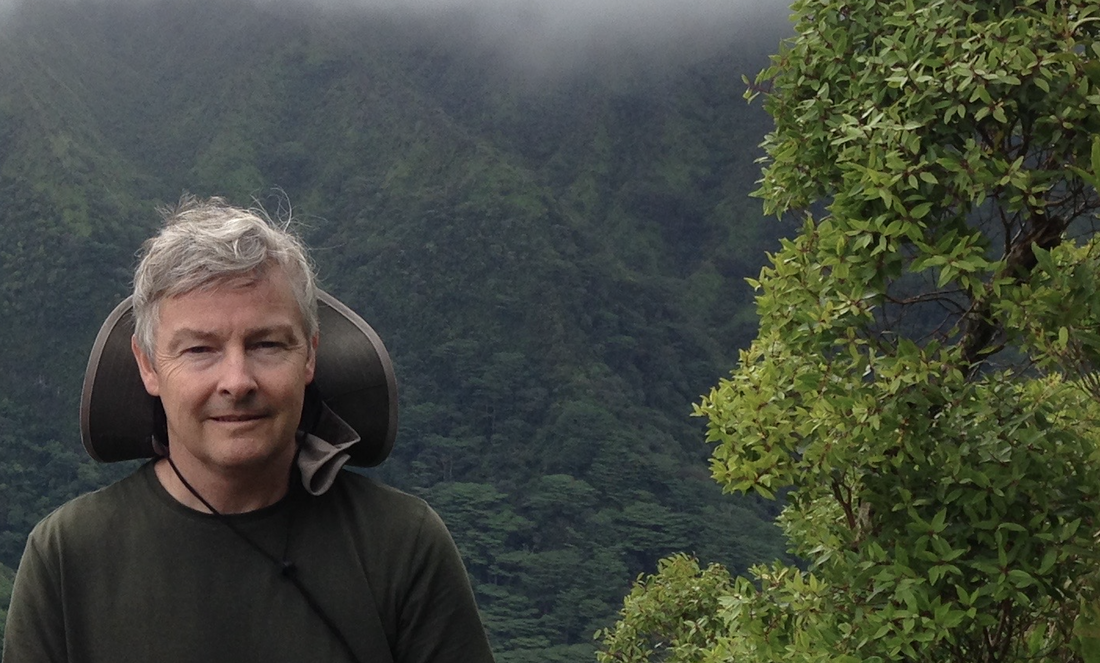For me ecohydrology is an expansive concept that has developed in multiple fields and formed a convergence of science around theory and methodology involving the interactions between water and living things. During my research leave last year I dove into the origins and spread of ecohydrology. This exploration took me through several thousand articles spanning more than a century, multiple disciplines, and wide range of spatial and temporal scales. From botanists Dixon’s and Joly’s 1895 theory on ascent of sap in plants, to hydrologist Robert Horton’s 1933 call for more attention to plant-water relations, to Peter Eagleson’s 1982 reintroduction of ecohydrology to hydrologists, to the recent emergence of co-evolution of vegetation and landforms, ecohydrology has a rich and, in retrospect, a straightforward evolution. But ecohydrology emerged in many places, with its earliest mention by name in contexts such as form and function of peatlands, forest decline from soil acidification, and sustainable use of aquatic resources. Regardless of flavor and origin, what underlies ecohydrology is a solid foundation on systems concepts.
What are your undergraduate and graduate degrees in?
My undergraduate degree was called Biophysical Systems, but it was primarily geomorphology, climatology, a little biology, quite a lot of computer science, and a ton of systems concepts. For my MSc degree, I did physical geography, developing an automated digital terrain analysis system based on early artificial intelligence theory. My PhD was in Civil Engineering, where I developed models on the dynamic interaction between forested vegetation and watershed hydrology. All my degrees were from the University of Toronto.
How did you arrive at working in/thinking about ecohydrology?
I arrived at thinking about ecohydrology in the early 1990s when I was at the start of my PhD program. A post doc in our lab, an ecologist/meteorologist, put me onto the concept of ecological optimality, which helped me connect a lot of disparate ideas and set me on the winding path towards my dissertation on dynamic hydroecological modeling.
What do you see as an important emerging area of ecohydrology?
I see the belowground frontier as an important emerging area of ecohydrology. While the subsurface interactions between abiotic and biotic processes has been considered a critical zone for a long time, there is a convergence of new sensors, tracer methodologies, and sophisticated biophysical models that collectively make the belowground more transparent. Ecohydrology’s strong foundation on systems concepts will be vital to putting the pieces together to form a coherent belowground picture.
Do you have a favorite ecohydrology paper? Describe/explain.
For me, the “a ha” moment I had as a graduate student was when I first read Peter Eagleson’s 1982 paper on Ecological optimality in water-limited natural soil-vegetation systems. While this paper has been reinterpreted, built on, sometimes misunderstood, sometimes maligned, but often cited, for me it remains my favorite paper as a tour de force in conceptual thinking. It is always required reading in my graduate course titled “Ecohydrology.”
What do you do for fun (apart from ecohydrology)?
Whenever I have the opportunity I like to hike. Hiking help me take my mind off those things that make it hard to be creative, which helps me think about new concepts, algorithms, etc. Also, a few years ago I rehabbed my stereo turntable and re-engaged with an old hobby of collecting vinyl records and listening to music as whole creative entities rather than lists of songs in a digital playlist.

 RSS Feed
RSS Feed